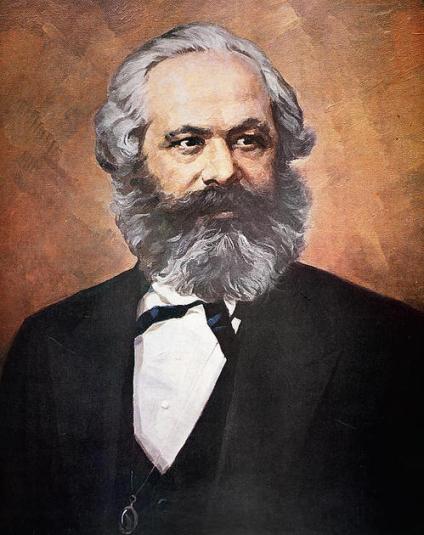
“By counting the most meagre form of life (existence) as the standard, indeed, as the general standard – general because it is applicable to the mass of men. He turns the worker into an insensible being lacking all needs, just as he changes his activity into a pure abstraction from all activity. To him, therefore, every luxury of the worker seems to be reprehensible, and everything that goes beyond the most abstract need – be it in the realm of passive enjoyment, or a manifestation of activity – seems to him a luxury. Political economy, this science of wealth, is therefore simultaneously the science of renunciation, of want, of saving and it actually reaches the point where it spares man the need of either fresh air or physical exercise. This science of marvellous industry is simultaneously the science of asceticism, and its true ideal is the ascetic but extortionate miser and the ascetic but productive slave. Its moral ideal is the worker who takes part of his wages to the savings-bank, and it has even found ready-made a servile art which embodies this pet idea: it has been presented, bathed in sentimentality, on the stage. Thus political economy – despite its worldly and voluptuous appearance – is a true moral science, the most moral of all the sciences. Self-renunciation, the renunciation of life and of all human needs, is its principal thesis. The less you eat, drink and buy books; the less you go to the theatre, the dance hall, the public house; the less you think, love, theorise, sing, paint, fence, etc., the more you save – the greater becomes your treasure which neither moths nor rust will devour – your capital. The less you are, the less you express your own life, the more you have, i.e., the greater is your alienated life, the greater is the store of your estranged being.”
– Karl Marx, “Human Requirements and Division of Labour Under the Rule of Private Property,“ The Economic and Philosophical Manuscripts of 1844.
Keine Kommentare:
Kommentar veröffentlichen